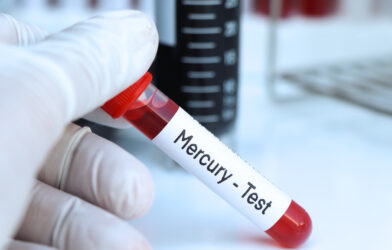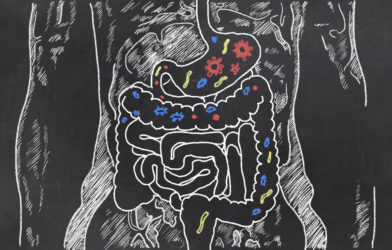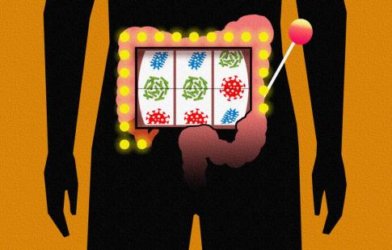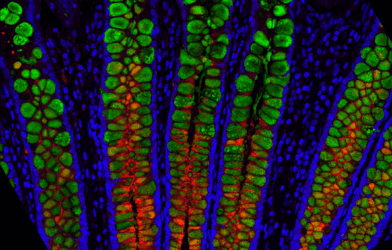
Microbiome


Worried About Mercury? Probiotics Could Prime Gut To Protect YouAugust 3, 2023

Gut microbiome profoundly impacts brain health, could influence dementia onsetFebruary 2, 2023

Your body’s ‘thermostat’ relies on gut bacteriaJanuary 27, 2023

Secrets behind impenetrable ‘armor’ of diarrhea-causing superbug C. diff discoveredJanuary 21, 2023

Probiotics to fight colorectal cancer? Why ‘good’ gut bacteria could be life-savingJanuary 21, 2023

Microplastics blamed for alarming spike in IBD cases, scientists warnJanuary 19, 2023

New study explains how bacterial species gain membership into the gut microbiome January 14, 2023

Researchers draw up first-ever detailed map of the human gutJanuary 13, 2023
